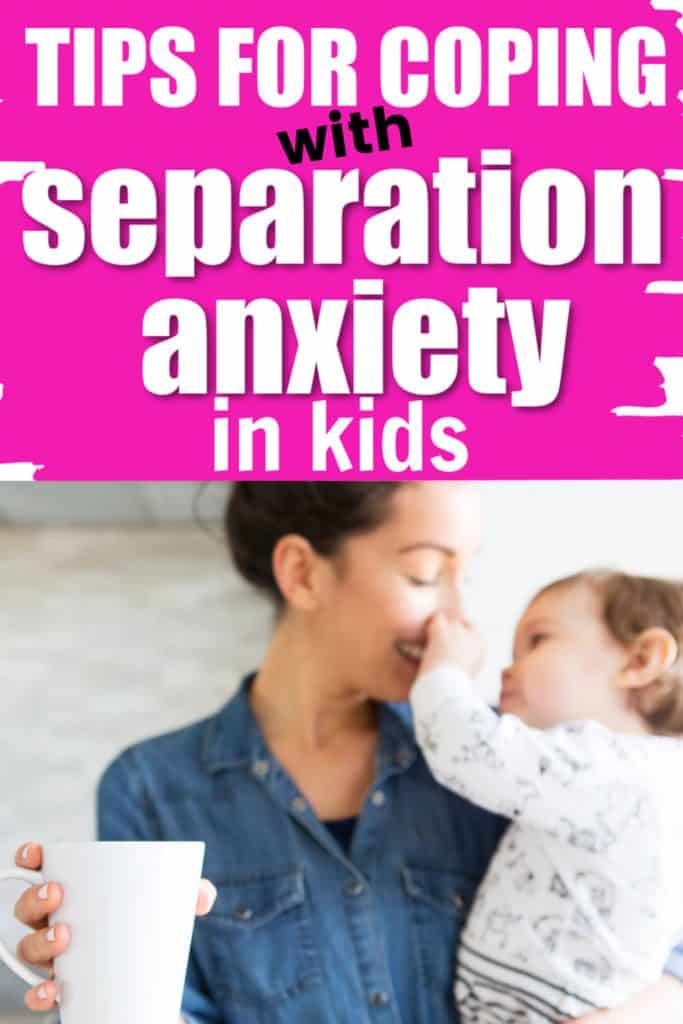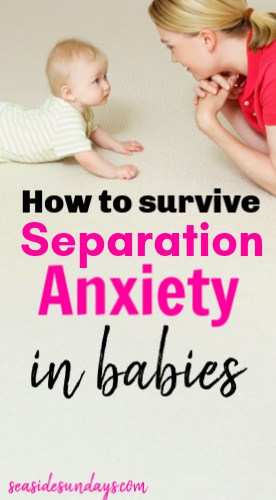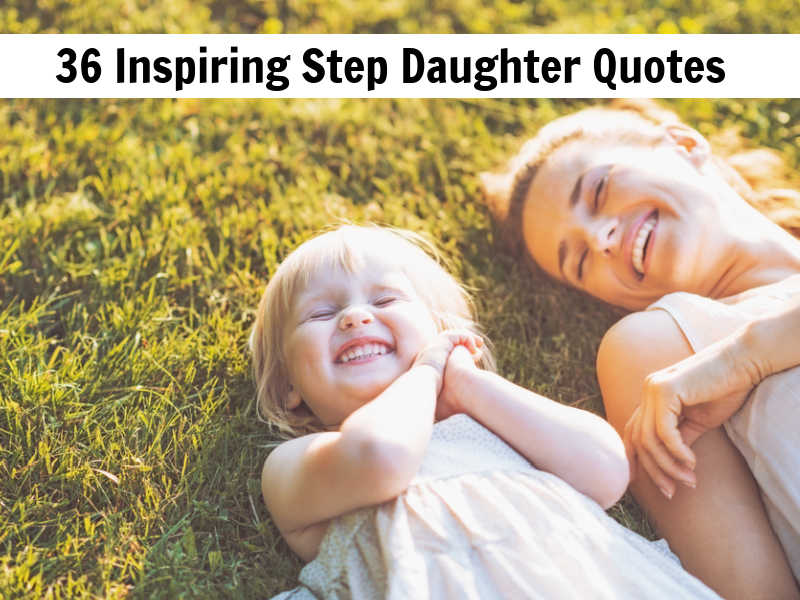Separation Anxiety in Babies & Toddlers- What You Need To Know
It’s easy to feel trapped when your baby wails every time you try to step away. Although separation anxiety in babies and toddlers is a normal stage in child development, it can be very difficult to handle especially when you need to go to work or leave your kids at daycare.
Luckily, there are a few things you can do to help you and your family sail through this period more comfortably.

This post contains affiliate links. Please read my Disclosure for more information.
RELATED POSTS
Tips For Sleep Training Your Baby the Gentle Way
Potty Training Readiness Checklist
Understanding Separation Anxiety in Babies and Toddlers
Separation anxiety comes in many forms. Some babies are fine being left with family members but have issues at nighttime while others won’t let anyone other than mom hold them. This can be really draining and stressful for parents and caregivers.
Know the key ages
Babies tend to become clingy at about 8 months. Just when you think it’s over, a second bout is likely to start up at about 18 months. All this usually fades away by the second birthday.
Think like a baby
Newborn babies think that they are actually part of their mother and it takes until around 7 months for them to realize you and they are separate people.
Small babies lack enough experience to notice patterns and it takes a while before they realize that you are not gone from their lives forever.
At about 2 years old, they figure out that you always come back, and they like some independence.
Talk with your doctor
About 5% of children may need additional help to overcome anxiety.
Your physician can recommend what to do if a child shows signs of physical distress or if a child over 5 has fears that interfere with going to school or playing with friends.
How long does separation anxiety last?
Most stages of separation anxiety in babies lasts a month or two but be prepared for it to come back every 6 months or so, especially if your child is more sensitive.
It typically peaks around 12-18 months and is much less by around 2 years of age.
How do you stop separation anxiety in babies?
While feeling anxiety at being away from a primary caregiver is normal, you can make it less scary and less stressful with a few easy strategies.
Say goodbye
You may be tempted to try sneaking away, but that will backfire. It’s less scary for your child if you make eye contact and say goodbye directly.
Minimize drama
The best departures are brief. If possible, time them for when your child is well rested and fed.
It can also help older toddlers if you prep them in advance so it isn’t a shock when you leave. I like to break down our plans for the day while we have breakfast so they are aware that we are going to preschool and mommy is going to work.
Keep talking
If you need to move to another room, your baby may feel more secure if they can hear your voice. Tell them about what you’re doing or sing a favorite song.
Introduce New Caregivers
Let your child get acquainted with other caregivers before leaving them alone with them.
Introducing babysitters and other caregivers in a safe, familiar environment can go a long way to making drop-offs easier. One idea is to ease into full days by leaving spending an hour with the caregiver on the first day and then leaving baby for just a few hours the first week or so until you feel comfortable with a full day.
Rehearse by going for a walk around the block before you move up to a full evening out.
Use a comforting object
Make it a ritual to give your child a stuffed toy or blanket while you’re gone. They can hold onto it until you return. Older children and toddlers may find comfort in a story about going to school or daycare.
A Kissing Hand for Chester Raccoon is a younger child’s version of the NYT Bestseller “The Kissing Hand” which has been used by parents for decades to prep children for school.
Play Games
Have fun with the experience. Tell older children where you’re going and what time you’ll be back. Quiz them on it later.
Offer Rewards
Create something to look forward to at pick up. Share a hug and tell your child how much you missed them. Read a book together or make crafts.
Reassure your partner
Children generally focus on the parent they spend the most time with, so the other partner may feel left out. Discuss your feelings and support each other.
Plan for going back to work
If you can pull it off, you may want to let your baby’s comfort levels increase before scheduling your return to the office. Starting out with part time hours can also ease the transition.
Rule out other causes
Children will outgrow most of this clinginess and crying on their own. At the same time, you want to spot any more serious causes like fever or other illness.
Expect setbacks
Stressful events will make a child hang on tighter. Be prepared to provide extra comfort if your child will be having surgery or your family is moving to a new house.
Recognize your own anxieties
Children pick up on their parent’s thoughts. If you are calm and cheerful, your child will probably decide that everything is okay.
You’ll feel better if you remember that most children quickly get over their tears after you’re out the door. Be patient and look forward to the day when parting will be a lot easier for you and your child.
How do you deal with night separation anxiety?
Although the tips above can work for sleep anxiety at night, there are few key things you can do that will make it easier:
- Offer a lovey or blanket. Some people recommend sleeping with it for a night so it has your scent on it.
- Add a couple of nightlights to the room
- Set up a two way monitor so you can calm baby with your voice at bedtime without going into the room.
- Keep a set routine so your child knows what to expect every night. That will go a long way to preventing anxiety.
- Stay in their room until they are asleep for a few nights then gradually ease out earlier and earlier.
Can you sleep train during separation anxiety?
Although you can still sleep train during a period of separation anxiety, you may find that it much more difficult emotionally for both you and your toddler.
The key with successful sleep training is to create a calm environment full of reassurance for baby so unless you have no choice, you may want to wait to sleep train.
More Tips For Baby Life
19 Birthday Party Activities For 2 Year Olds
30 Important Questions To Ask A Home Daycare Provider: A Guide For Parents
Like This Post? Pin it!







